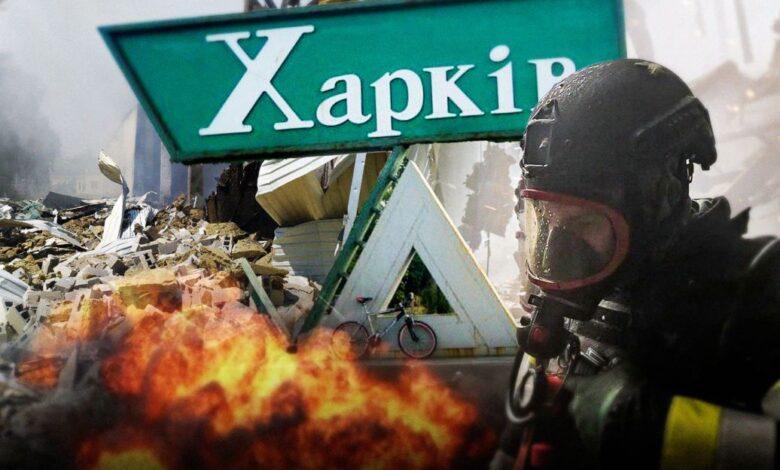The situation of Ukrainian refugees in Europe is becoming more difficult every month. If at the beginning of the full-scale invasion, European countries welcomed migrants with open arms, providing housing, social benefits and access to medicine, but now the policy of many states is changing. Initiation of thorough checks on refugees Vienna was one of the first cities where Ukrainian refugees faced harsh changes. Austria’s social services began to scrutinize whether all recipients of benefits really met the requirements and discovered hundreds of cases of violations. In particular, it was found that many people were outside the country while continuing to receive benefits. As explained head of the Social Security Fund of Vienna, Martyna Plochowitz, such situations have forced the authorities to temporarily stop payments until the refugees confirm that they are staying in Austria and really need help. From now on, registration with the employment service has become a mandatory condition for receiving support. Exceptions will be made only for people who have valid reasons — old age, health problems or caring for relatives. Consequences of checks Due to increased inspections in Vienna, many Ukrainians have already felt the consequences of this policy. Fourteen thousand Ukrainian refugees currently live in the city, eight thousand of whom are of working age. Some of them have not received payments since December, which is why they are forced to turn to charitable organizations for help. Those who rent housing privately used to receive three hundred and thirty euros per month for this, and two hundred and sixty euros for adults and one hundred and forty-five euros for children for food and hygiene. Now these payments are temporarily frozen, and people are forced to find ways to survive on their own. The checks will last several weeks, after which social benefits will be resumed for those who can prove their real need. However, the Ukrainian community in Vienna has already expressed concern and called on the local authorities to take into account the difficult circumstances in which the migrants, especially families with children, found themselves. However, this case is only part of a general trend that is gaining momentum throughout Europe. The situation in other countries More and more countries are reviewing the conditions for providing assistance to Ukrainian refugees. In Germany, temporary protection status is already denied to those who often leave the country or stay outside its borders for a long time. In the Czech Republic, they plan to reduce payments to those who have not found a job, and Poland has introduced stricter rules for receiving financial support. The reasons for such changes are primarily economic, as countries that have received hundreds of thousands of migrants are facing financial difficulties, and the costs of refugees are becoming an increasingly heavy burden on their budgets. In addition, politicians are forced to take into account the growing discontent among the local population, which increasingly raises questions about the fairness of the distribution of public funds. The main reasons for this are the growing financial burden on the budgets of countries, political changes and the emergence of internal economic crises. Increasingly, governments are introducing more welfare checks and cutting benefits, citing the need to control public spending. If this trend continues, Ukrainians will have to prepare for new challenges. Social support, which was provided in the first years of the war, is gradually reduced, and the requirements for refugees are becoming more and more strict. This means that those who remain abroad should look for opportunities for employment and integration, because they no longer have to hope for indefinite assistance.

Kharkiv was again at the center of discussions as a potential target of a new Russian offensive. Rumors, forecasts, analytics — all this creates tension in the city, which will not subside from 2022. From the headlines of international publications, the question is heard again and again: will Russia be able to go to Kharkiv?
These fears are not unfounded, because the distance from the front line to the city is only 20 kilometers. For the people of Kharkiv, this means the constant risk of rocket and artillery attacks, and for the military, the understanding that the enemy has not given up on the idea of capturing the region. Despite the active counteroffensive actions of the Armed Forces, Russian troops continue to try to accumulate forces for future attacks.
For in words According to Volodymyr Degtyarev, a representative of the public relations service of the «Charter» brigade of the National Guard, the Russians are trying to advance deep into the Kharkiv region, and the key point for them is the village of Liptsi.
«The goal of the Russian Federation remains unchanged — the capture of Kharkiv. The Russians have 20 km from the front line to the city.
If they advance 10 km to Liptsi, they will seize the dominant height, which will give them an advantage. However, at the moment they are not able to do it.» — explained the soldier.
Liptsi are of strategic importance because they are located at a height that allows you to control the fire and create a threat to the city. However, according to Degtyarev, the enemy has not yet been able to implement this plan, although he does not stop trying.
Ukrainian forces are actively working to intercept the assault groups of the Russians even before they reach the places of accumulation, from where they can launch offensive actions. Thanks to the control of the airspace, the Armed Forces made it much more difficult for the enemy to move, forcing him to limit the use of equipment and vehicles.
According to experts, Russia continues to try to create a bridgehead for an offensive in the Kupyan direction and to regain control of the lost territories of the Kharkiv region. However, the situation at the front remains dynamic, and the Ukrainian military is doing everything possible to prevent the enemy from implementing their plans.





